Basic English
rnEnglish is a complex language for everyone, native speakers and non-native speakers alike. Understanding the building blocks of the language can be complicated unless you are able to break things down into individual elements. When it comes to learning how to read and write in English, learning more about sentence structure and verb tense can take you far. This course gives you an overview of the basic English skills you can use to form a solid foundation. We begin by talking about sentence structure, breaking sentences down into individual parts and reviewing the details behind each one. This section also contains examples to illustrate each point. Next, we talk about elements that add more information to sentences, including objects, complements, modifiers and adverbials. Information about verb tenses along with a sample of each one follows. Finally, we include a brief discussion about formal and informal English, giving you guidelines you can use to determine when each type is appropriate.
You Will Learn:
rn
- rn
- Information about the two necessary parts of a sentence, along with the three types of each
- The difference between a direct and an indirect object
- The four different types of present tense
- The four different types of past tense and when to use each one
- The four different types of future tense
rn
Benefits of Taking This Course
rn
- rn
- Learn more about the building blocks of English communication
- Learn when it is appropriate to use informal language and when it is better to adapt a more formal tone
- If you are currently teaching English as a second language, learn more about the fundamentals of reading and writing in English
- If you are currently learning English, understand more about how to form rngrammatically correct sentences to ensure your message is understood
- If you are thinking about teaching basic English to non-native speakers, refresh your own skills by taking this course
rn rn
rn





